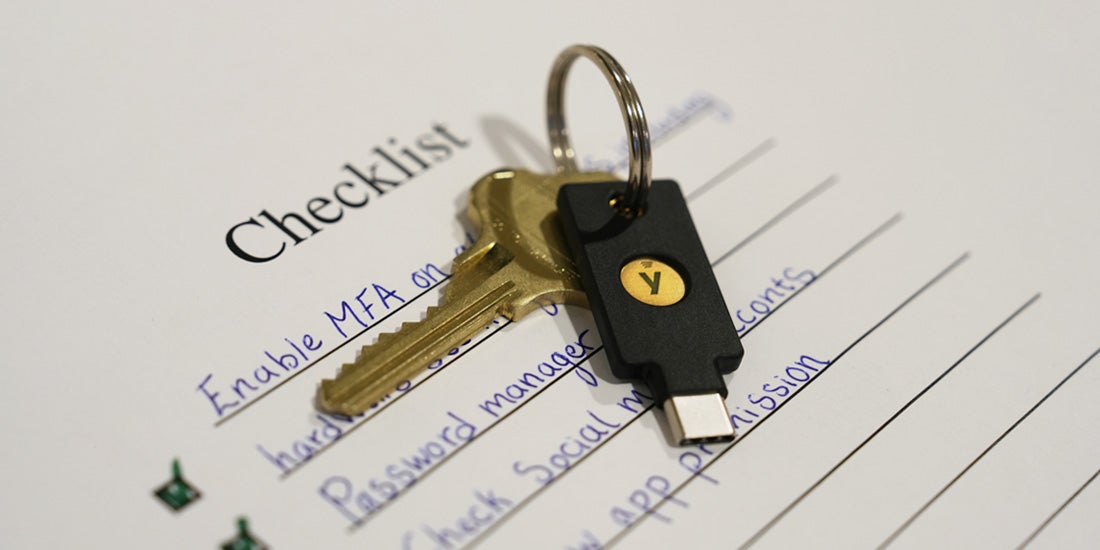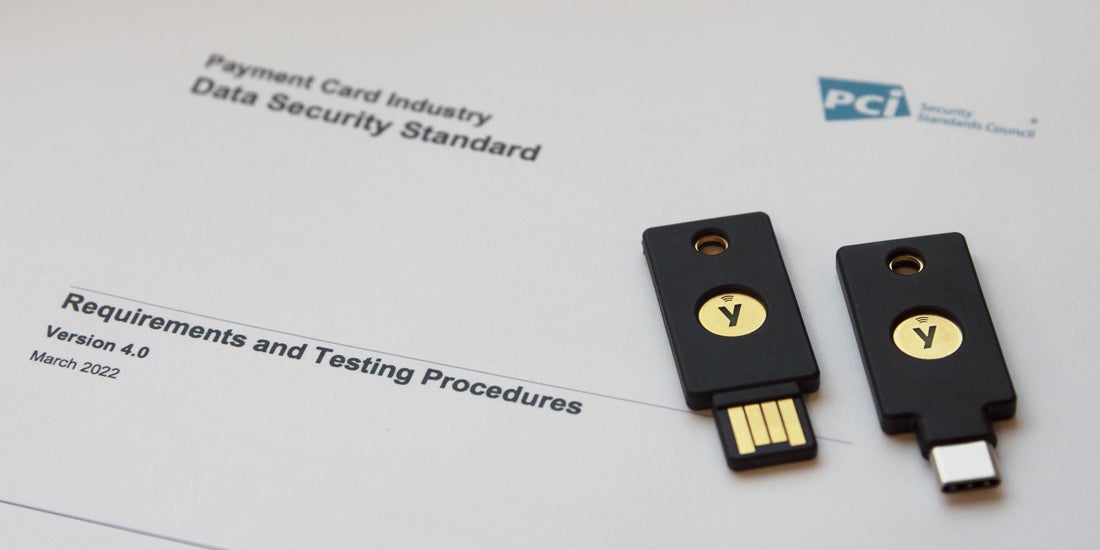Today, Yubico celebrates World Press Freedom Day, a day committed to supporting a mission that we believe in whole-heartedly: protecting journalistic voices across the globe. Without the foundational pieces of free speech, democracy, or an open internet, our mission of making the internet a safer place will have no impact. So, to do our part in raising awareness of the risks associated with press freedom, we are choosing to shine a light on a few organizations that we partner with through our Yubico for Free Speech Program.
These individuals are dedicated to helping the cause each and every day, and today we are giving them a platform to share their personal stories and experiences with security and online safety:
Arzu Geybulla is a journalist in association with the Open Technology Fund, an organization committed to advancing internet freedom by supporting research, development, and implementation projects that fight censorship, increase privacy, & improve security online:
“When you report on or live in countries where surveillance is common and groups like journalists or other representatives of civil society are constantly being targeted, it is extremely important to pay attention to the safety and security of our devices and our accounts, and also the community members that we often communicate with.
So for me, it’s been a priority in my work, to not only secure my accounts and devices for my own sake, but for the sake of the people that I work with. The YubiKey is quite an important device in my life. I think being introduced to this device was one of the most important introductions to additional security and safety.”
Melanio Escobar is a journalist and also Executive Director at Redes Ayuda, a Venezuelan-based NGO that helps defend freedom of speech and human rights, and supports journalists with digital security training:
“As journalists, we must protect our physical integrity but we must also learn to protect all the data, information, sources, and people who collaborate with us so that we can fully exercise our work. I learned that when covering a march, a demonstration, or some repressive event you not only have to wear a bulletproof vest, a helmet, and a good pair of shoes, but we must also add extra layers of security when using our phones, computers, and cameras. These devices can be vulnerable if we are detained, imprisoned, taken against our will, or if the equipment is confiscated.
That’s why all of my social media, email accounts, and the information that I handle is protected by not only a secure password but also by two-step verification. Something that I’ve learned over time is that instead of using a code from text messages (SMS) as a method for two-step verification, it is better to use a physical element like the YubiKey.”
Melody Patry is the Advocacy Director at Access Now, an organization backed by an incredibly important mission to defend and extend the digital rights of users at risk around the world:
“The rights to freedom of expression and to privacy are essential, especially to journalists whose livelihood depends on them. Whether they protect themselves or their sources, the tools that they’re using should keep them safe and secure. This is crucial today, at a time when governments are taking advantage of technologies to control access to information and when frontline reporters, citizens, journalists, and bloggers are facing constant threats and attacks.
At a scale beyond measure, powerful actors are deploying resources and efforts to crack down on media freedom and spying on journalists and their sources. This is why we need secure tools that we can trust, including tools, like the YubiKey, that enable multi-factor authentication to protect our online accounts.”
Jon Camfield is the Director of Global Technology Strategy at Internews, an organization dedicated to supporting independent media — from radio stations in refugee camps, to hyper-local news outlets, to filmmakers and technologists. Internews trains journalists and digital rights activists, tackles disinformation, and offers business expertise to help media outlets thrive financially:
“Two-factor authentication provides an incredible boost to the account security of journalists and human rights defenders, which is absolutely critical when they are targeted by powerful and well-resourced adversaries. We have seen first-hand the benefits of this extra line of defense, particularly in the face of incredibly convincing phishing / credential harvesting attacks.
Internews is incredibly grateful for Yubico’s program to provide hardware tokens to at-risk communities, which can further provide advanced options for account security and recovery.”
Organizations like Redes Ayuda, Open Technology Fund, AccessNow, and Internews — along with the journalists they aim to serve and protect — are often targeted by adversaries with the intent to silence and/or potentially harm them. For this reason, we consider these organizations and their constituents high-risk, which means that protecting their data and information is vital. By donating YubiKeys through the Yubico for Free Speech Program, Yubico is proud to equip these individuals with trusted authentication technology that can be used from anywhere, regardless of the device, and guarantees protection with just one touch.
If you are an organization working in free speech, human rights, or election security and would like to leverage the YubiKey for your team or the individuals you assist, then please get in touch with us through our Yubico for Free Speech Program by filling out the form on our web page.
Additionally, if you’re a journalist and in need of a YubiKey, please reach out to any of the organizations mentioned or you can get in touch by requesting a unit here.





